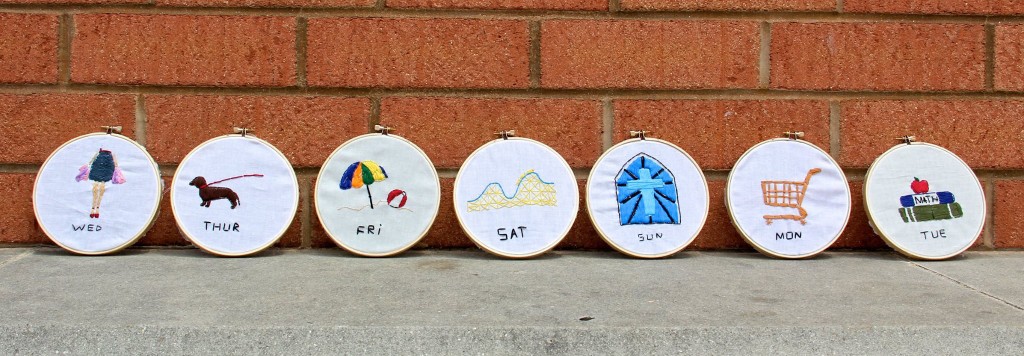Muneera is a graduating high school student who reached out to SSH about her senior project that in part addressed street harassment. She agreed to an interview to share more about it.
SSH: Why did you choose to do a senior project that included street harassment?
Muneera: Prior to this year, my awareness of sexual harassment was pretty limited. I knew the basic mantras we had learned growing up–don’t let anybody touch you but your parents or your doctor (a luxury, I learned through my project, many girls don’t even have), if you are uncomfortable tell an adult you trust– but I had assumed it was some horrible, distant tragedy that happened to a few, unfortunate, choice girls.
It wasn’t until I became familiar with feminism (through social media and my AP Literature class) that I began to notice something was amiss. “Shrinking Women,” a slam poem by Lily Myers especially pushed me to expect better for myself. I wanted to do a project that would be as important to others as the role of social media has been in my development in how I see myself and the world. The culture that enables street harassment functions entirely on a lack of respect, and I think it is so pervasive that women, including myself, begin to expect it, to make excuses for it.
Sometimes we even try to convince ourselves that we deserve harassment, when the only thing we “deserve” is the right to be respected and to feel safe. If people get anything out of my project, I hope it is the idea that you, your mother, your sisters, friends and neighbors all deserve better, and everyone can be a part of that shift.
SSH: How did you come up with the embroidery idea? Who did you ask to share their stories?
Muneera: Embroidery is something that has been on my radar as of late. I love the fairly recent trend of expressing some not-so-traditional values (Grrl power patches, anyone?) through a very traditionally “gender-safe” activity. Embroidery can be traditional or “confrontational,” and the versatility of it made it the perfect medium with which to express such a universal topic. I tried to embroider the pieces as if I were the girl in each story, which brought about the issue of gender roles and gender appropriated activities. For some girls, going home and working on something intricate may be comforting, for others, it may be too confining. Not only can limiting certain things to certain genders deprive someone of a positive coping mechanism, it can muffle what it is they are trying to express.
I started with just my friends and ended up branching out to many of my classmates. Not one of the approximately 30 female classmates interviewed did not have a story to tell. I narrowed it down to seven stories about quintessential summer activities; the days of the week are supposed to represent the last week of summer. Although I did not discriminate with gender when it came to who I asked, I was unable to find stories to share from any of my male classmates (which does not imply that it does not happen to men, but rather that either my classmates were fortunate or not comfortable sharing their stories with me). Since I did only have stories from people who identified as girls, I decided to do my project from that perspective, hence, Diary of a Girl.
SSH: Would you mind sharing another example of what one of the embroideries is of/the story behind it?
Muneera: Sure! Monday is about a girl walking to a grocery store. When she was crossing the street, multiple men at the stoplight got out of their car and began to make obscene gestures at her. Thursday is about being stalked while walking the dog. All seven experiences happened when the girls were considerably young, nine to fourteen at most.
SSH: What kind of response have you gotten to your project?
Muneera: Surprise. Always surprise. A few tears. I ask people to guess what the project is about from the front before flipping to the back, and you can almost see the flip switch in their head when it goes from quintessential last-week-of-school activities to something just as integral but much more insidious in any girl’s life. It’s not a fun thing to do, but it opens up a discussion about what happened and what can be done to prevent it again, which for now, is more than worth it.
Muneera is from Lowell, MA, a small city outside Boston. She currently resides outside of DC with her cat and plans to attend college in Richmond in the fall. The embroideries were photographed by Ariadna Rigol Prat

